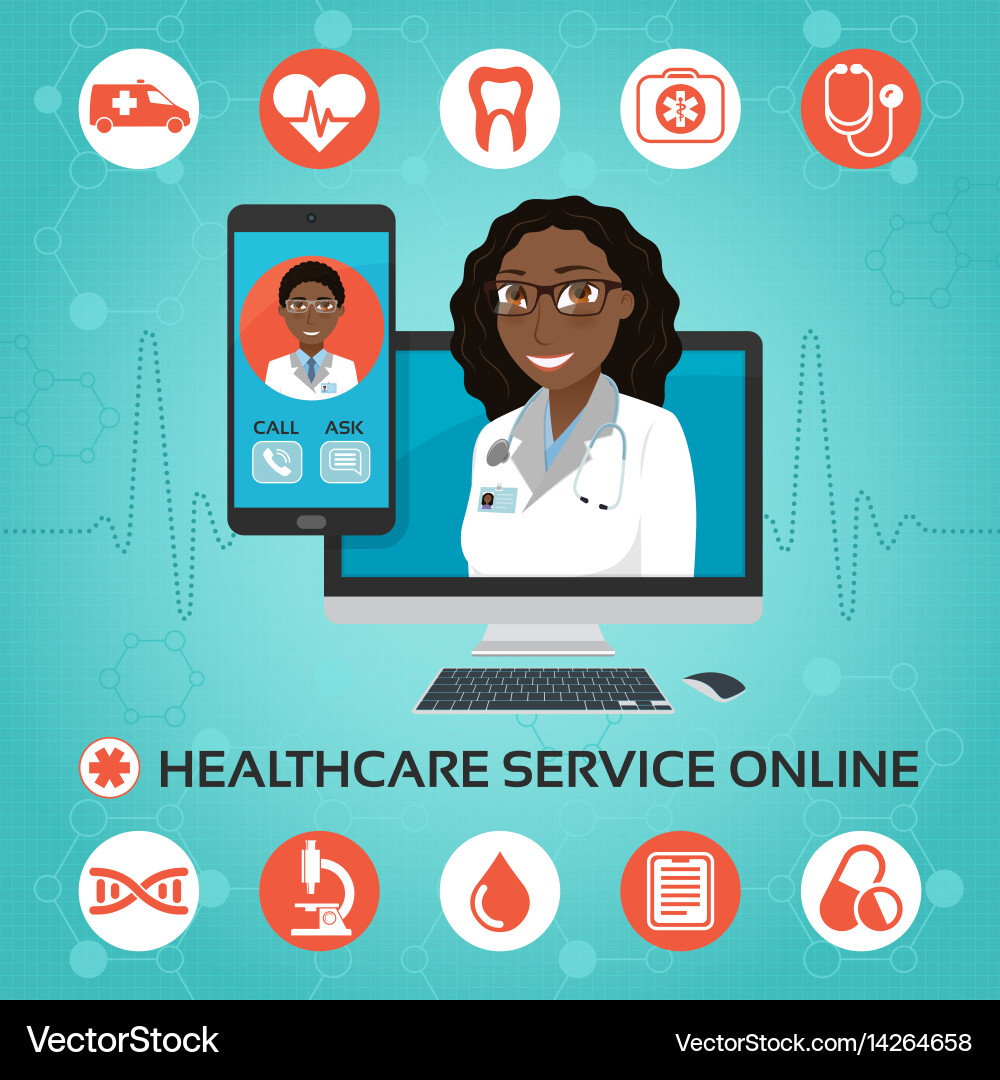Exploring the Growth of Subscription Based Healthcare in the Digital Age
Exploring the Growth of Subscription Based Healthcare in the Digital Age
Blog Article
Navigating the Future of Medicine With Subscription-Based Medical Care Solutions
As the medical care sector evolves, subscription-based services become an essential model promising to improve client treatment delivery. With the possible to provide streamlined, cost-effective remedies through foreseeable prices and personalized focus, these services stand at the leading edge of modern-day medical innovation. As we consider their rise, one should contemplate the implications of integrating such systems into existing medical care frameworks. What challenges do they present in terms of information security and fair access, and just how might they redefine the patient-provider connection? The responses to these inquiries can fundamentally change our approach to health care.
Increase of Membership Medical Care
As medical care systems all over the world face enhancing stress from rising prices and need for services, the development of subscription-based medical care designs has arised as a transformative trend. This cutting-edge approach is interfering with traditional medical care shipment by supplying a foreseeable, flat-rate repayment framework for medical services. Rooted in the concepts of attendant medicine, subscription-based health care permits carriers to concentrate on customized individual treatment while all at once handling operational performances.
The enhancing customer need for openness and predictability in medical care expenses has driven the shift in the direction of this model. Subscription-based solutions typically use direct access to medical care specialists, which can minimize the management concerns linked with insurance coverage claims and reimbursements.
This model is acquiring grip among diverse doctor, from key care physicians to specialized clinics, by lining up monetary rewards with preventive and continual care. By moving the emphasis from quantity to value-based treatment, membership healthcare has the prospective to reshape the landscape, cultivating a much more patient-centered and lasting technique to health and wellness administration.
Benefits for Clients

Additionally, subscription-based solutions typically highlight preventative care, encouraging routine examinations and health testings. This aggressive approach can lead to very early discovery of health and wellness problems, potentially boosting results and lowering lasting medical care prices for patients. Moreover, such models commonly provide clear rates, permitting people to much better comprehend their medical care expenses and prevent unanticipated medical bills.
The individualized nature of subscription-based health care also enhances person experience. People can get tailored healthcare plans that suit their details demands, promoting a much more patient-centric method. This personalization can cause enhanced patient satisfaction and adherence to therapy plans. In addition, membership services commonly integrate wellness programs, supporting people in keeping total health and wellness. Inevitably, these benefits collectively contribute to a more effective, affordable, and patient-friendly health care experience.
Innovation's Function in Makeover

Expert system (AI) plays an important role in anticipating analytics, assisting in very early diagnosis and tailored treatment strategies. AI algorithms examine substantial datasets to recognize patterns that could be ignored by human observation, therefore improving clinical decision-making. Furthermore, digital health and wellness documents (EHRs) enhance person details administration, making certain continuity and comprehensibility of care throughout various services and service providers.
Blockchain modern technology enhances information security and privacy, important for maintaining client trust fund in electronic platforms. It makes it possible for clear and secure deals of clinical information, ensuring that sensitive info continues to be protected. With the assimilation of artificial intelligence and AI, blockchain can automate complicated healthcare procedures, reducing administrative worries.
Factors To Consider and difficulties
While modern technology propels the abilities of subscription-based medical care services, it additionally presents a collection of difficulties and factors to consider that must be dealt with to ensure effective execution. One significant challenge is the fair accessibility of these services. As membership versions often depend on electronic systems, there is a threat of intensifying the digital divide, leaving behind people without internet gain access to or digital proficiency. Making certain these solutions do not overmuch profit only tech-savvy and affluent populaces is important.
Information personal privacy and safety stand for one more vital factor to consider. Subscription-based services typically involve the collection and storage of large amounts of individual wellness info. Suppliers need to follow rigid data protection regulations to keep individual depend on and avoid unauthorized access, which can cause considerable ethical and lawful consequences.
As medical care needs progress, keeping an affordable equilibrium in between subscription charges and solution quality is important to stop patient dissatisfaction and attrition. Attending to these obstacles is important as subscription-based health care solutions proceed to broaden and progress.
Future Effects for Medicine
Subscription-based medical care solutions are positioned to significantly influence the future landscape of medication by improving just how treatment is accessed and supplied. These versions use the possible to equalize health care gain access to, offering clients with more personalized and timely treatments. By leveraging innovation, such as telemedicine and data analytics, subscription services can promote continual tracking and tailored health monitoring, hence boosting results and decreasing the burden on typical medical care systems.
As these services gain traction, they can promote a shift in the direction of preventative his comment is here care, emphasizing the relevance of very early detection and management of persistent conditions. This aggressive technique may ultimately reduce health care costs by minimizing the check out here requirement for expensive therapies developing from late-stage illness management. Registration designs offer a scalable option to address differences in healthcare gain access to, particularly in underserved or country populations.
Nonetheless, the transition towards subscription-based versions necessitates resolving regulatory and honest factors to consider, consisting of data personal privacy and fair access. As the market advances, collaborative efforts in between policymakers, technology designers, and doctor will certainly be crucial to establishing robust structures that guard patient rate of interests while cultivating innovation. Ultimately, these services guarantee to add dramatically to a more effective, patient-centered medical care environment.

Conclusion
Subscription-based medical care services represent a substantial advancement in the medical area, offering predictable expenses and customized treatment that enhance access and prioritize preventive procedures. Technical advancements, such as telemedicine and AI-driven analytics, help with customized person experiences, improving overall health and wellness results. Challenges such as data privacy and equitable gain access to need to be dealt with to make certain the prevalent advantages of these solutions. As the medical care landscape evolves, subscription models are poised to play a vital function in forming the future of medication.
As the healthcare sector progresses, subscription-based services emerge as a crucial version guaranteeing to reshape patient care distribution.As medical care systems around the world face increasing stress from increasing costs and need for solutions, the introduction of subscription-based medical Click Here care designs has arised as a transformative pattern (subscription based healthcare).With the rise of subscription-based medical care designs reshaping standard health care distribution, individuals are beginning to experience substantial benefits from this cutting-edge method. As healthcare requires evolve, preserving an economical balance between registration charges and solution high quality is essential to avoid patient discontentment and attrition.Subscription-based healthcare services are positioned to considerably affect the future landscape of medicine by reshaping just how care is accessed and provided
Report this page